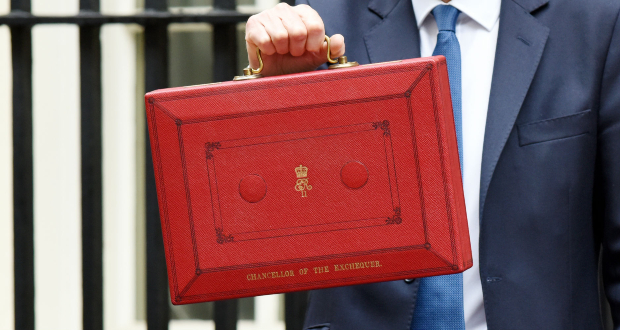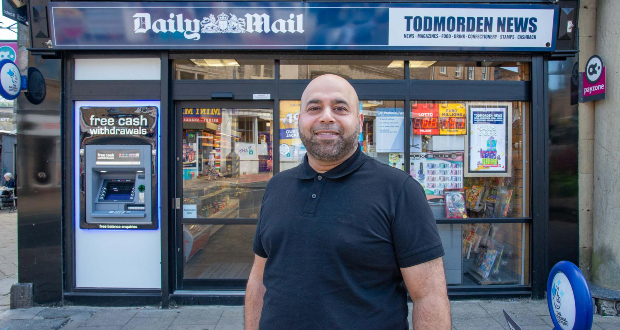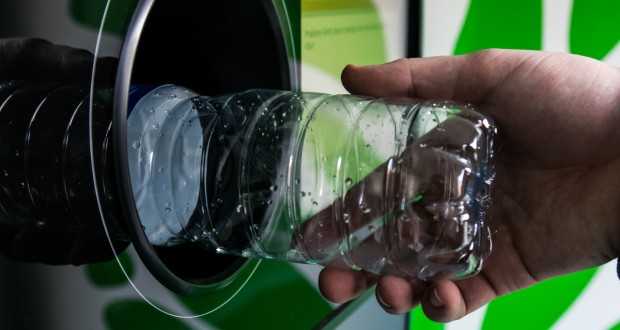Presenting his 2024 spring budget, Jeremy Hunt said: “Police officers waste around eight hours a week on unnecessary admin – with higher productivity, we could free up time equivalent to 20,000 officers over a year.
“So we will spend £230million rolling out time and money saving technology which speeds up police response time by allowing people to report crimes by video call and where appropriate use drones as first responders.”
Muntazir Dipoti, the national president of the Federation of Independent Retailers (the Fed), said: “Shoplifting and attacks on shop staff are at epidemic levels. According to latest figures, they have risen from 876 a day to a staggering 1,300 every day but we believe the true picture could be even greater because of the lack of faith in police response times.

“The news that more funds are being made available to make it easier to report crimes and to speed up police responses is, therefore, welcome.”
Other positives for independent retailers from today’s budget, Dipoti added, included the 2p cut in national insurance, a 2% reduction in self-employed NICS, freezes on alcohol and fuel duty, the VAT threshold increasing from £85,000 to £90,000 and an extension to the Covid-era government loan scheme until March 2026.
However, he said that Fed members were dismayed by the announcement of the vape tax, from October 2026 and following a public consultation, to discourage non-smokers from taking up vaping and a one-off increase in tobacco duty to maintain “the financial incentive to choose vaping over smoking.”
Dipoti warned that a vape levy would fuel the illicit market, “where there is no compliance to tobacco and vaping laws and where the products being peddled are likely to contain dangerous and illegal levels of toxic chemicals.”
Cigarettes were a valuable commodity, he said, adding that increasing the price of cigarettes would heighten the risk of theft and retail crime.
 Talking Retail Grocery and product news for independent retailers
Talking Retail Grocery and product news for independent retailers






